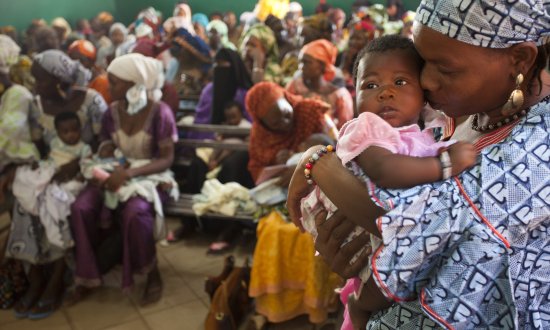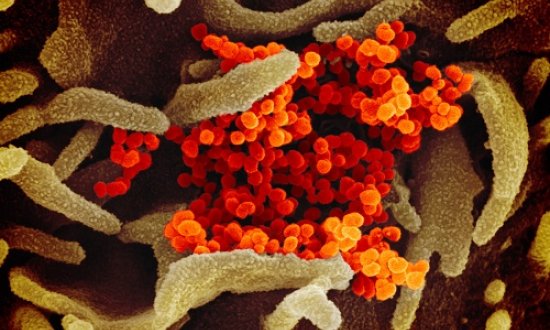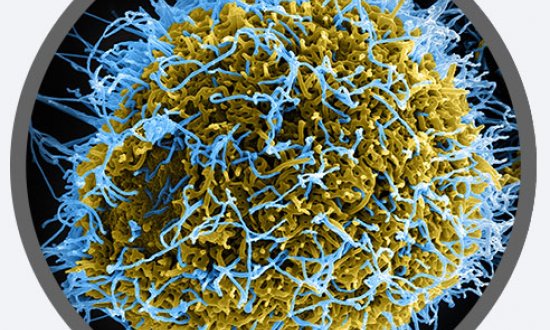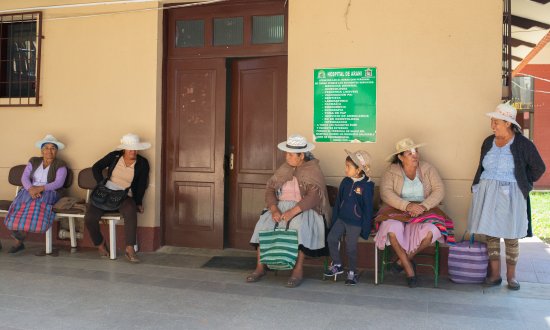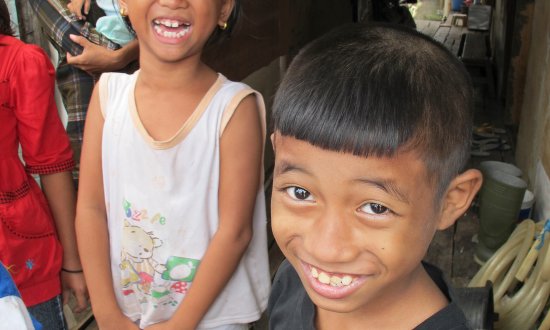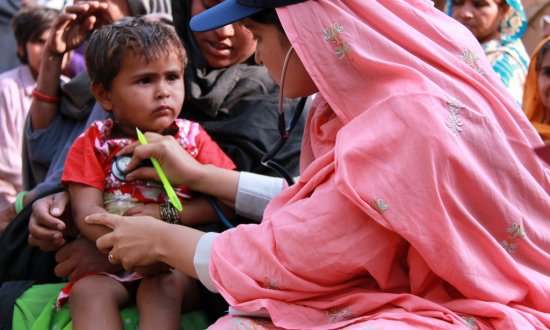Data collected on infectious diseases, which disproportionally affect low- and middle-income countries, are often fragmented, of sub-optimal quality and use very heterogeneous methods to assess and/or analyse similar conditions. Many of the research studies include small numbers of patients, and reports or publications are often delayed or not made available, such that the data are lost to any further analysis. These deficiencies are especially acute in the context of emerging infections where initial data must be collected in the midst of a rapidly evolving situation and where patients are often geographically disparate. All of these factors contribute to production of extremely heterogeneous, dispersed data sets with few opportunities for valid comparison.
By pooling individual patient data (IPD) into harmonised platforms that integrate clinical outcomes with pharmacological and molecular information, we can circumvent many of these challenges. Analysis of larger pooled IPD increases the power to determine optimal treatments, provide evidence on the most effective outbreak responses, and can reveal differences in drug efficacy and safety over time and in specific vulnerable populations (e.g. infants, pregnant women, and patients with co-morbidities such as HIV, malnutrition, or genomic disorders), which cannot be discerned from smaller individual studies.
Currently, IDDO has these active areas of research work: malaria, COVID-19, visceral leishmaniasis, medicine quality, schistosomiasis, soil-transmitted helminthiases, Ebola, Chagas disease and antimicrobial resistance. More are already in development or being scoped for feasibility.
These platforms enable inter- and cross-discipline analysis of global data on these diseases. As a part of the platform, long-term security and accessibility of data are ensured in order to maximise utility by the health, research and humanitarian communities.

